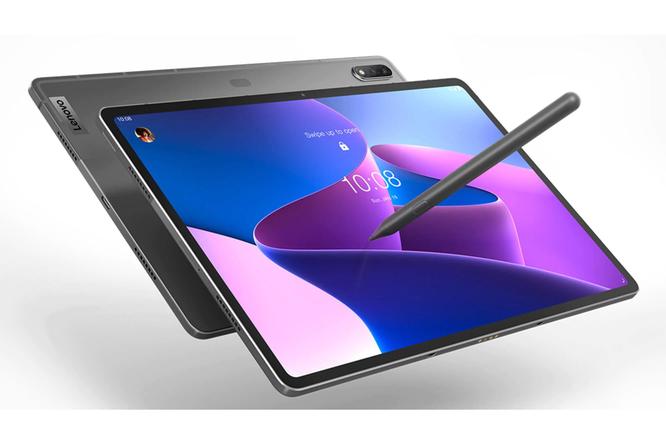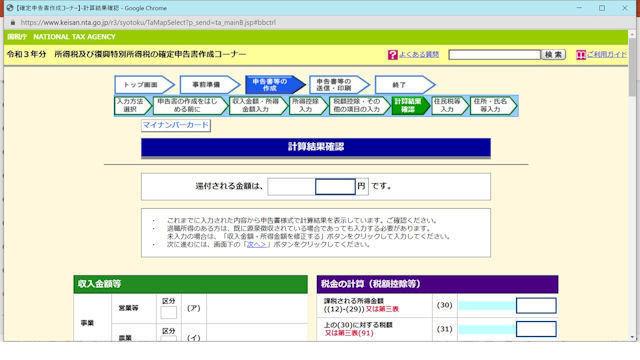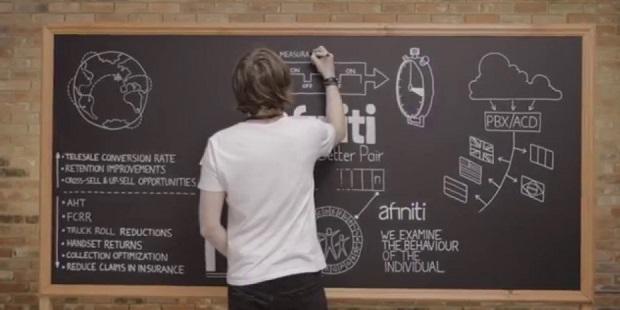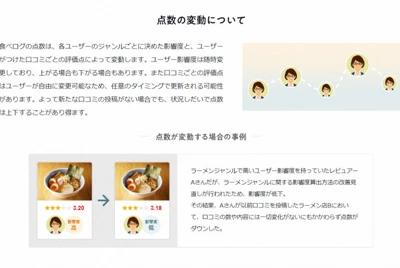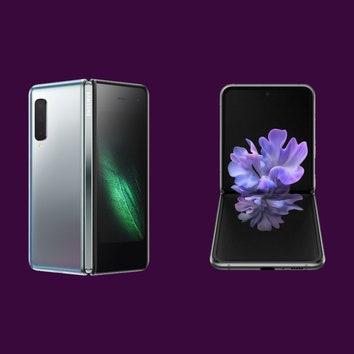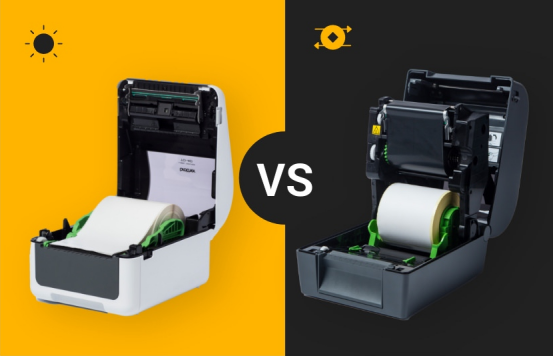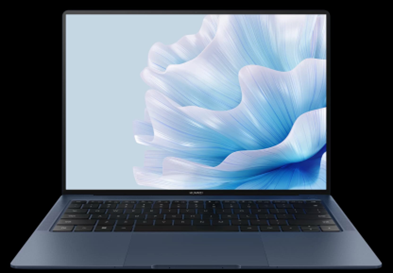Simple and complete way to achieve mobile security in the telework era: What is the best "zero touch" defense for small businesses?
Telework, which has become widespread due to the Korona-ka, is becoming established. Even if the Korona-ka is over, it will not return to the way it used to work. In order to build a highly productive telework environment, it is essential to utilize mobile terminals such as smartphones and tablets.
Therefore, security measures are important. Increasing opportunities to work outside the office increases the risk of lost or stolen business terminals, information leaks, and unauthorized access to internal systems. On the other hand, there is a way to achieve the necessary defense with a simple function that keeps costs down.
SMEs have different security needs than large companies
Companies that have already promoted the use of mobile terminals have introduced EMM (Enterprise Mobility Management) and MDM (Mobile Device Management) to balance convenience and safety. These are equipped with abundant functions, and while fine-tuned operation management is possible, the operational load may increase.
Mr. Ryuichiro Tsuruno of SYNNEX Japan"Android Enterprise Essentials" (Essentials) is a mobile security developed by his Google ™ with the concept of "ensuring important security at a reasonable price". Especially simple management functions protect mobile terminals and reduce operational load.
SYNNEX Japan is a distributor that sells Essentials to Japanese companies. Ryuichiro Tsuruno (Team Manager, 2nd Product Management Division, Product Management Division) describes Essentials as "a" secure management solution "that is different from conventional MDM."
Providing only the main points necessary for mobile utilization of small and medium-sized enterprises
In order to use mobile devices safely for business purposes, remote wipes to prevent data leakage in the event of loss, device locks, and "sideloading prohibition" functions to prevent malware intrusion are required. On the other hand, fine-tuned control functions that match corporate policies, such as those installed in EMMs for large enterprises, may be over-engineered for small and medium-sized enterprises.
"Essentials is not" multi-functionality that can do anything "for large companies, but carefully selected security functions and operation management functions to realize" mobile terminals can be used immediately and with peace of mind "for small and medium-sized companies. I implemented it. "(Mr. Tsuruno)
Essentials is compatible with Android ™ 9.0 or later OS, and is installed and used on smartphones that are new or reset to the initialized state. In order to support "Zero Touch Registration" that is installed as standard on Android 9.0 and later smartphones, the required settings are automatically applied to the device when it is started for the first time, and it goes under the control of Essentials as it is. Employees receive the device "ready to use", eliminating the need for individuals to perform initial setup work.
Essentials does not require manual setup (Source: SYNNEX Japan website)It is not uncommon for some companies to be unable to provide employees with mobile terminals for business use and to assume the use of personal terminals (BYOD) as a de facto premise.

For proper security while protecting end-user privacy on her personal Android device, it is necessary to manage the work area and the personal area separately. Separation of work and personal application management is complicated and requires EMM, which poses a burden on policy application and setting.
Essentials is a condition to start applying "the terminal is in the initialized state". Business terminals are introduced in the form of new distribution, and it is not possible to "support BYOD afterwards" to create a business area on the terminal being used by the user.
"Although the cost of purchasing a new terminal is required, there are advantages such as reduction of operational management load, prevention of information leakage from personal terminals, and separation of public and private." I want to manage terminals used by employees outside the company. However, the cost of support is limited. We can meet the needs such as "I want to distribute an inexpensive Android device, but the operational load is too high for EMM and MDM to introduce it." (Mr. Tsuruno)
Essentials management features focus on simplicity. There is no "function to control that only apps that are permitted in advance can be installed" that general EMM has, and only apps that can be obtained from the "Google Play Store" are allowed (sideloading of apps is prohibited).
"All apps registered in the Google Play store have passed Google's security checks. In addition, the anti-malware" Google Play Protect "provided by Google is compulsorily always enabled on the device. We constantly scan and validate your apps. This keeps your apps secure and simplifies the functionality of Essentials. Google has developed the Google Play Store, Google Play Protect, Android OS, and Essentials. It can be said that it is a feasible mechanism because it is there. "(Mr. Tsuruno)
It also has sufficient functions for "lost or stolen terminals", which is the main risk factor for utilizing mobile terminals in telework. The remote wipe function allows the administrator of the IT department to remotely initialize the terminal by performing a simple operation with a few clicks on the management console.
Terminals to which zero touch registration has been applied will continue to apply zero touch even if they are initialized. Even if the stolen device is initialized, if you turn on the power, the automatic setting by Essentials will be applied. In other words, even if someone illegally obtains the terminal, it cannot be used.
In addition, it also has a passcode initialization function by remote control. For example, if an employee forgets the passcode to log in to the device, an administrator can operate it from her Essentials portal and reset it remotely.
What is needed is the construction of a "management system that does not waste IT resources"
Mr. Tsuruno said, "For small and medium-sized enterprises that tend to lack IT resources, if high expertise is required to set up and operate mobile security measures, or if the introduction cost and operational load increase, the mobile terminal will eventually become an attack. It can be an "eye". "
Essentials, on the other hand, offers "cheap, simple, and efficient defense." Unlike the advanced and heavy features for large companies, it works well with the specifications of his official Google services such as Android OS and Google Play Store, and the features do not overlap with each service.
With the Korona-ka, mobile terminals are being used more than ever. Even companies that could not allocate sufficient human resources and resources to the IT department and restricted the use of mobile terminals, and companies that were left to the literacy of employees, are making efforts to increase productivity while ensuring safety. Inevitable.
In order to utilize Essentials, which is a simple implementation of carefully selected functions essential for building an environment where you can work safely on mobile devices, we also want to pay attention to the presence or absence of support from partners.
"As an Essentials Distributor for domestic companies, we provide various support services. Even companies with a shortage of IT department personnel, such as being able to deliver after completing the terminal preparation with zero touch registration, can be used simply on mobile. We will support the operation by providing the accumulated knowledge and know-how as needed. "(Mr. Tsuruno)
It is still unclear how the Korona-ka will end and how the world will change. Excessive investment and load bias should be avoided in order to continue operations in difficult situations. In the future, SYNNEX Japan will utilize Zero Touch to incorporate various solutions in addition to Essentials into terminals to provide services that allow users to start using them more quickly, comfortably, and safely.
Note: Google, Android and Google Play are trademarks of Google LLC.
 notebook-laptop
notebook-laptop
